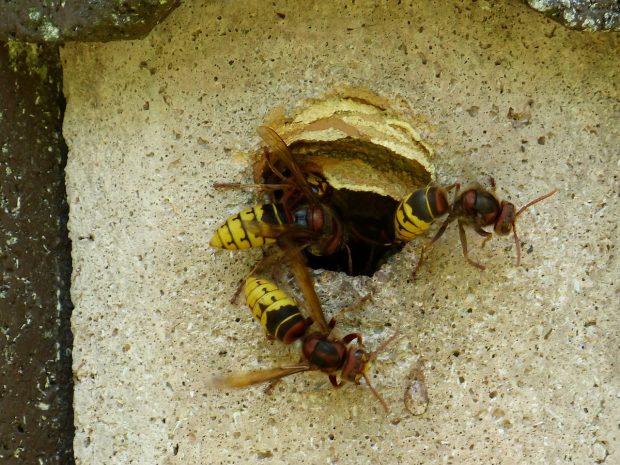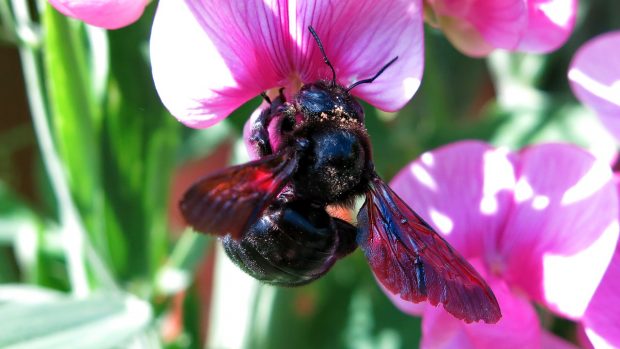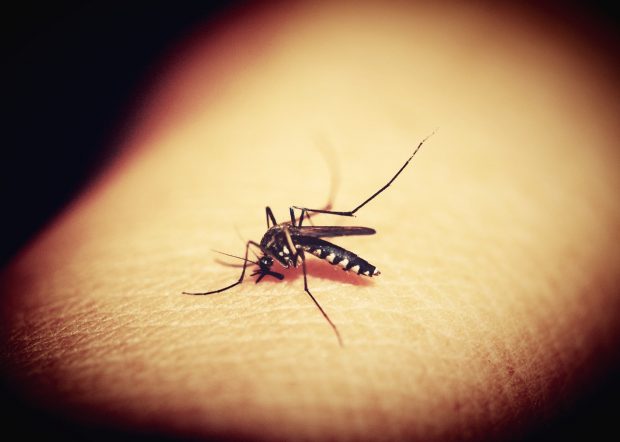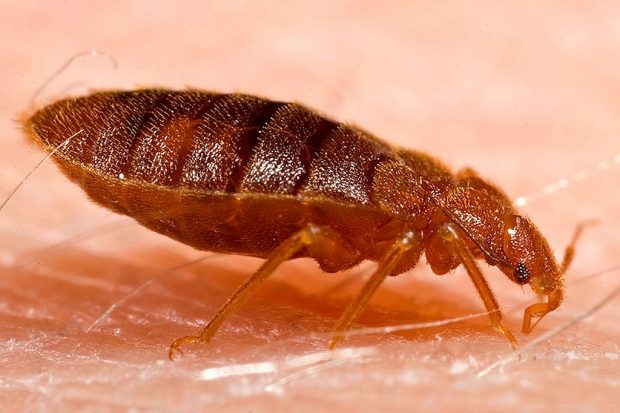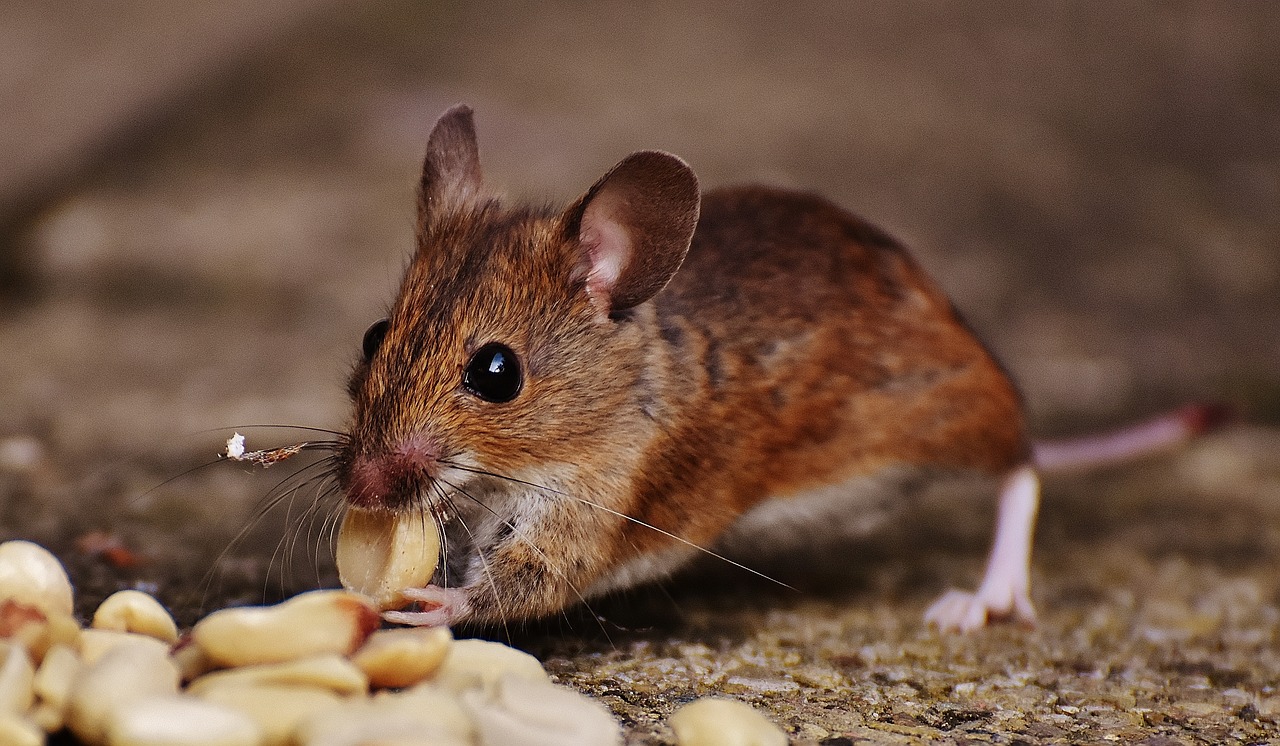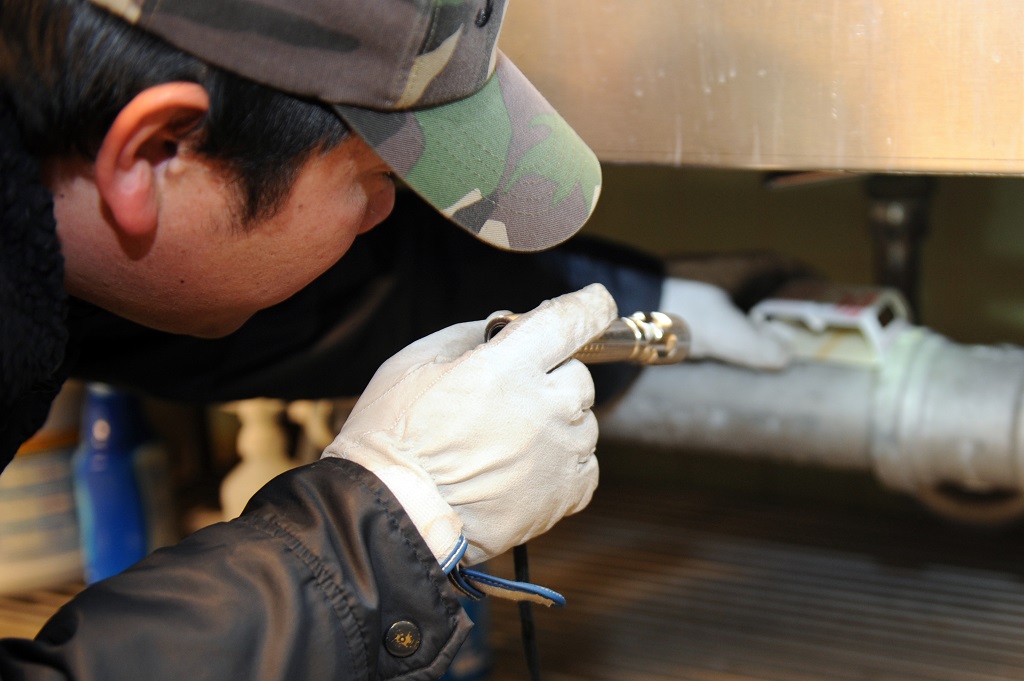Are you planning on spending a lot of time outdoors once the weather turns warmer? Along with hotter temperatures also comes an influx of pesky critters and invasive insects. While some pests are common and often no bother throughout the season, some can quickly multiply and take up residence in your yard or home. Here are a few common pests that can be invasive and what you can do to direct them elsewhere.
Stinging Insects
Nothing is worse than setting up an outdoor event, such as a child’s birthday party only to find that there is a swarm of bees or wasps who are also having a get-together with their family and friends. A few flying insects here and there can be expected when you make plans to be outdoors, but when it seems like they are more than just a few or they are being aggressive, it’s time to take precautions. Flying and stinging insects are very common in the springtime in almost every region of the U.S. But they’re overly active in the second half of summer and early into fall as they forage for food to prepare for the upcoming colder months. Some common flying insects to watch for include:
- Bumble Bee
- Carpenter Bee
- Africanized Bee
- European Hornet
- Paper Wasp
- Mud Dauber
- Honey Bee
- Bald-Faced Hornet
- Yellow Jacket
- Velvet Ant
The only way to truly know the difference is to study the appearance and habitat of each one. This can also help you identify their nest properly. It’s best to not go pecking around a swarm of stinging insects and leave that to pros. Pest control pros seek to resolve the entire issue and properly identify the insect, where their nest is and then decide the correct eradication method and removal. If you suspect a nest nearby, call pest exterminator control in Orange County now, or someone in your area, before the outdoor festivity is in full swing.
Mosquitoes and Ticks
In addition to hornets and wasps, another problematic insect that can be irritating while you’re enjoying the outdoors are ticks and mosquitoes. Ticks can be found almost anywhere outdoors, but are more prevalent in areas of tall grass, weeds or wooded areas. They can bite and in some cases carry Lyme disease and Rocky Mountain spotted fever. Mosquitoes can also bite and may carry the Zika virus, which can be harmful to unborn babies. If you’re planning a camping trip or plan on spending a lot of time outdoors, wear a bug-repellant spray to keep these pests from biting or from ticks attaching to your clothing or skin. Keep your grass clipped low and try to combat standing water in your yard—which can be a breeding ground for flies and mosquitoes. If you have pets that are also indoors, be sure to protect them with a monthly flea and tick preventative to avoid a widespread infestation inside your home.
Termites
As the weather warms up or in warmer climates, termites can be a serious problem. They mainly consume cellulose material—which is commonly found in most homes and structures across the U.S. Unfortunately they can reproduce rapidly and trigger widespread destruction before you even know it. If you’ve been noticing any bubbling paint, mud tubes on your walls, hollow wood or weakened frames or deteriorating wood inside or outside your home, you could have termites. Any cracks or gaps in your foundation or other areas of your home can allow a termite colony to come in and make a permanent residence out of your home’s framing components. Cleaning up your yard is the first step in preventing termites from coming in. Get rid of stacks of wood that are piled up against your house or garage. Fix leaks and eliminate damp soil that surrounds a structure. If you suspect termites, call both a pest control eliminator and also a general contractor. Your home will need to be evaluated for structural integrity and to see how bad the termites have invaded.
Bed Bugs
Bed bugs are two words that make most people cringe in their steps. They aren’t much to worry about unless one happens to follow you home to spend the night—then they multiply so fast they are harder to contain and control. Bed bugs can be present any time of the year but are most prevalent in the warmer months. If you spot a bedbug, don’t try to eradicate the pest yourself, contact a pest control specialist to make sure that the proper chemical treatment and heat elimination method is used to ensure that every base is covered and the bug doesn’t return.
Pests don’t have to ruin your summer fun. Keep your yard and home pest free year round, whether your outdoors or indoors to ensure your family stays comfortable and safe.

